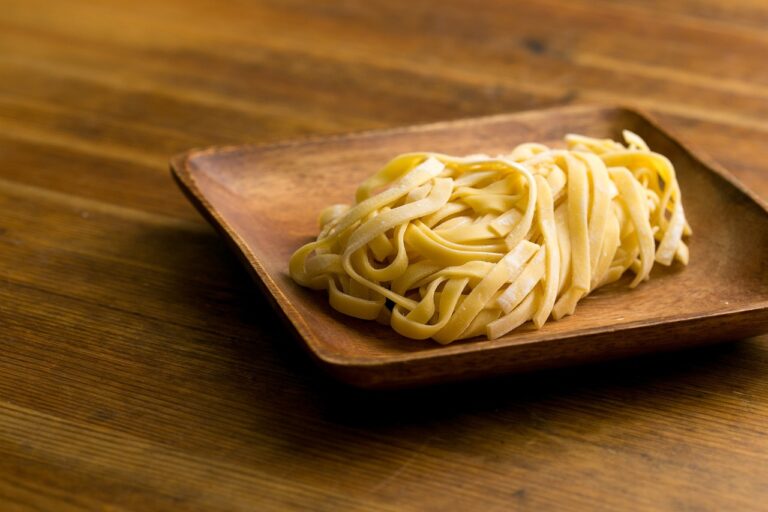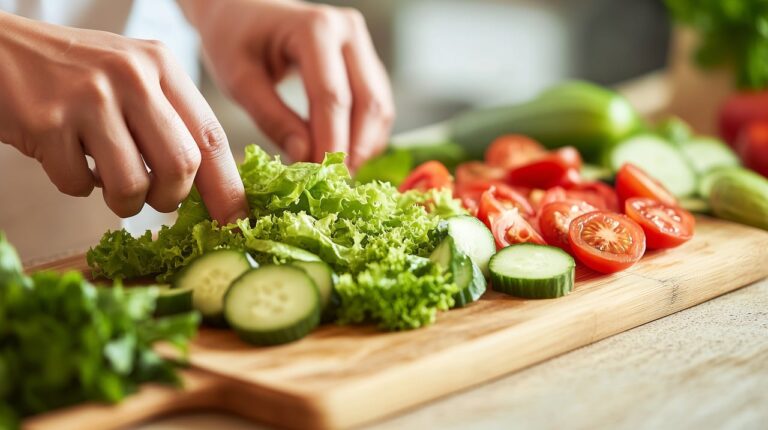Meal Prepping: A Comprehensive Guide to Healthy Eating and Time-Saving
Meal prepping is a game-changer in the battle against unhealthy eating habits and time-scarcity. It involves planning, preparing, and packaging meals in advance to streamline your week and improve your overall well-being. Let’s dive into the benefits, steps, and tips of meal prepping.
Benefits of Meal Prepping
- Save Time: Eliminates daily meal planning and preparation, saving you precious hours each week.
- Healthier Eating: Prepping ensures you have healthy options available, reducing consumption of unhealthy takeout or processed foods.
- Reduced Food Waste: By planning meals, you buy only what you need, minimizing food waste and saving money.
- Convenience: Prepped meals make it easy to grab and go during busy days, reducing the temptation to skip meals or resort to unhealthy options.
- Improved Weight Management: Research suggests that meal preppers have lower body fat percentages and are more likely to maintain a healthy weight.
Steps to Meal Prep
1. Plan Your Meals
- Consider dietary restrictions, preferences, and weekly schedule.
- Create a menu that includes breakfast, lunch, dinner, and snacks.
- Shop for necessary ingredients in advance.
2. Prepare and Cook
- Dedicate a block of time on weekends or evenings to prepare meals.
- Cook in bulk to save time and effort.
- Use slow cookers or instant pots for hands-off cooking.
3. Portion and Package
- Divide meals into individual portions using containers or reusable bags.
- Package meals with ice packs for freshness if storing in the fridge.
- For longer storage, freeze meals in airtight containers.
4. Store and Reheat
- Store prepped meals in the refrigerator for up to 3 days or in the freezer for up to 3 months.
- When ready to eat, reheat meals in the microwave, oven, or on the stovetop.
Tips for Successful Meal Prepping
Choose Easy-to-Prepare Meals
Opt for recipes that use simple ingredients and minimal cooking techniques to save time and effort.
Variety is Key
Prepare a variety of meals to keep your diet interesting and prevent boredom.
Involve Family and Friends
Ask for help from family or roommates to make the process more efficient and enjoyable.
Use Reusable Containers
Use reusable containers to reduce waste and save money in the long run.
* Freeze Leftovers
Freeze leftovers for quick and easy meals on busy days.
Conclusion
Meal prepping is a powerful tool that empowers you to eat healthier, save time, and reduce stress. By following the steps and tips outlined above, you can create a meal prep routine that fits your lifestyle and improves your overall well-being. Whether you’re a busy professional, a student, or simply want to make healthier choices, meal prepping is a game-changer. Embrace the convenience, health benefits, and time-saving potential of meal prepping today.

























